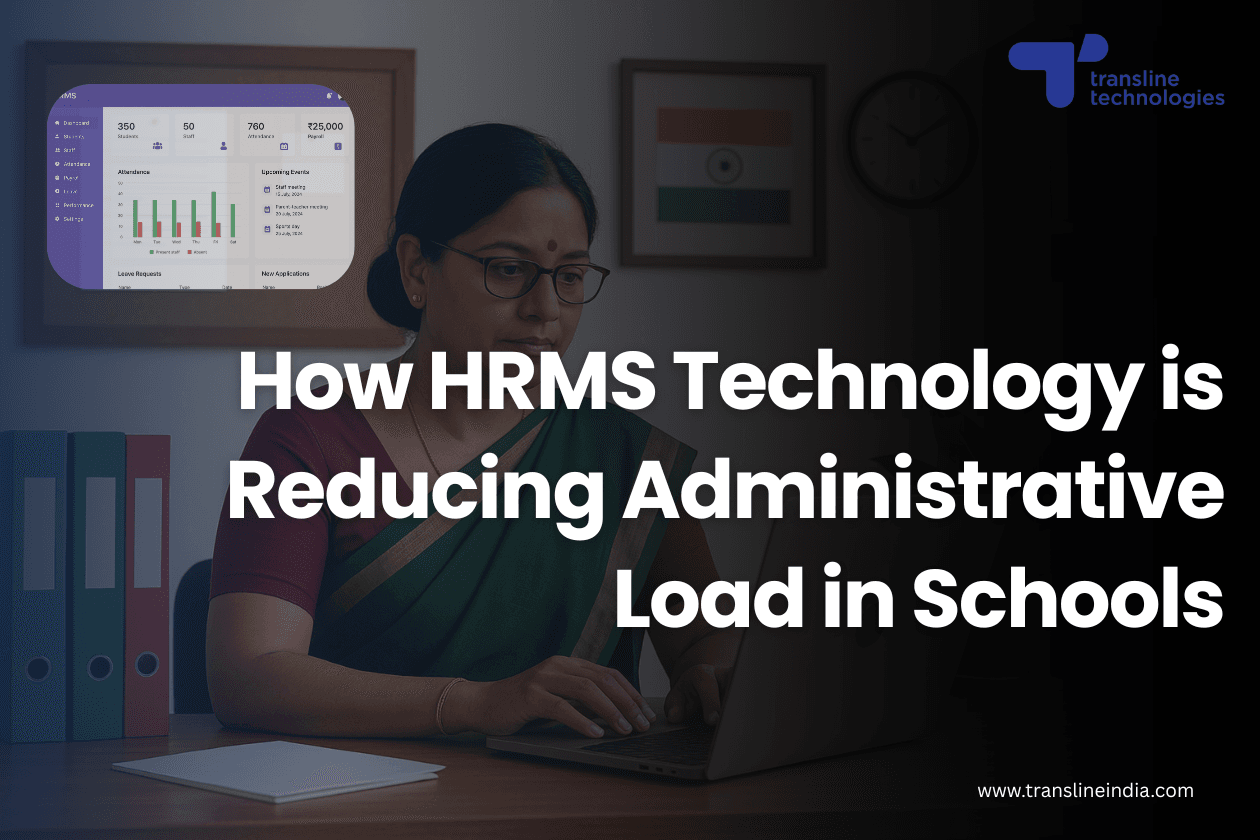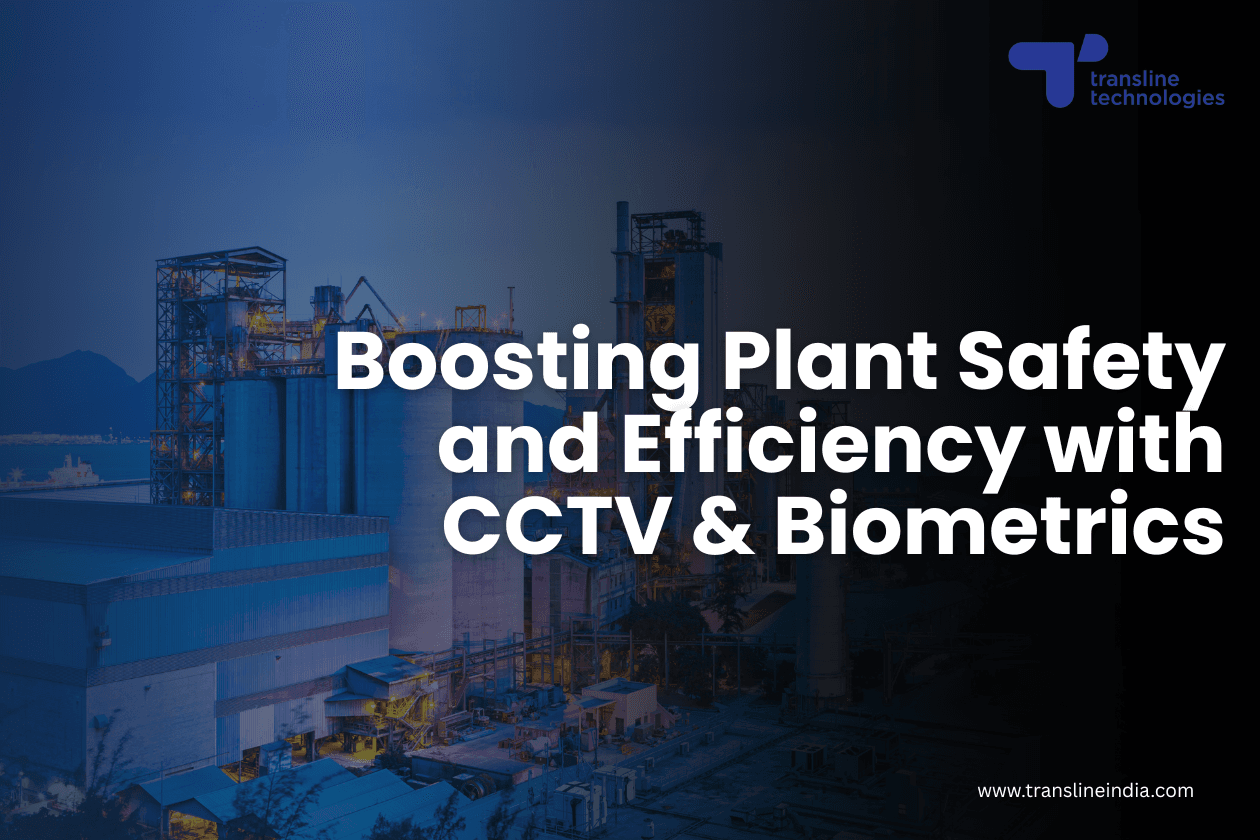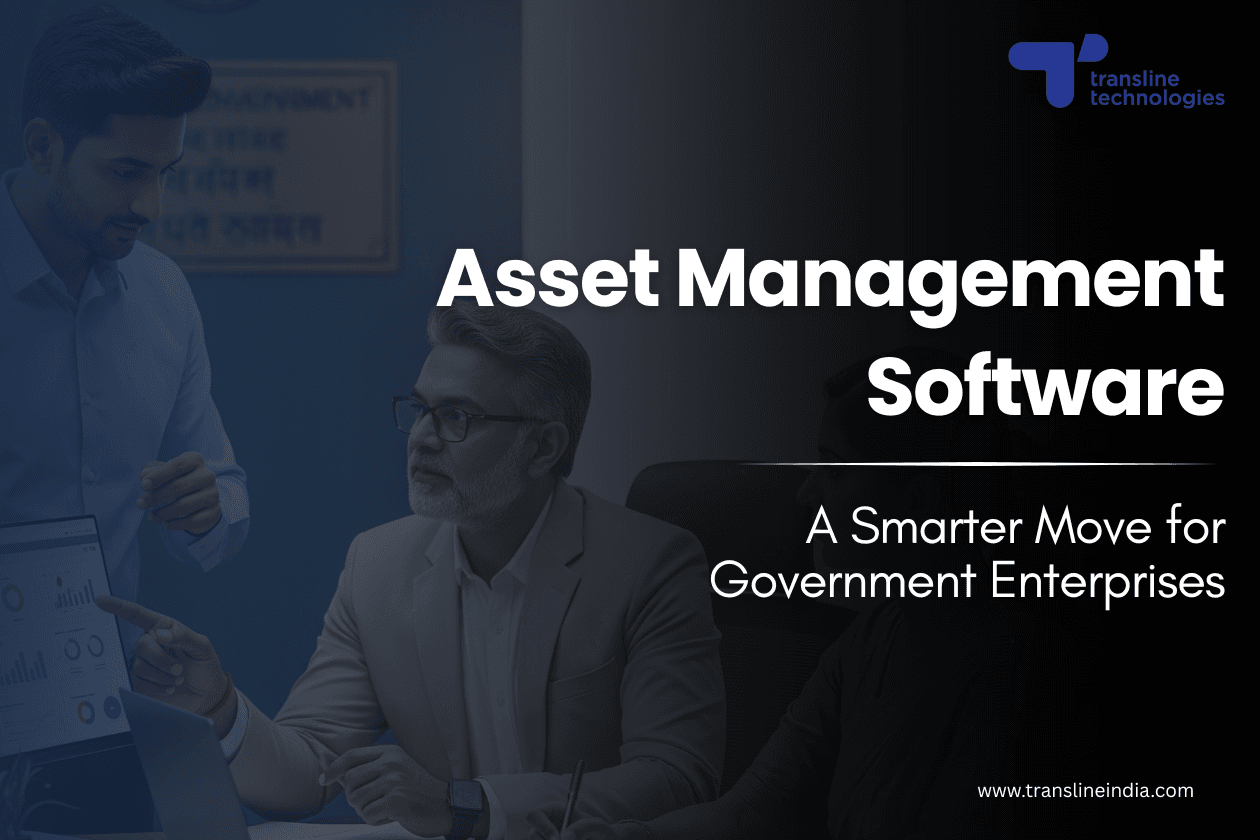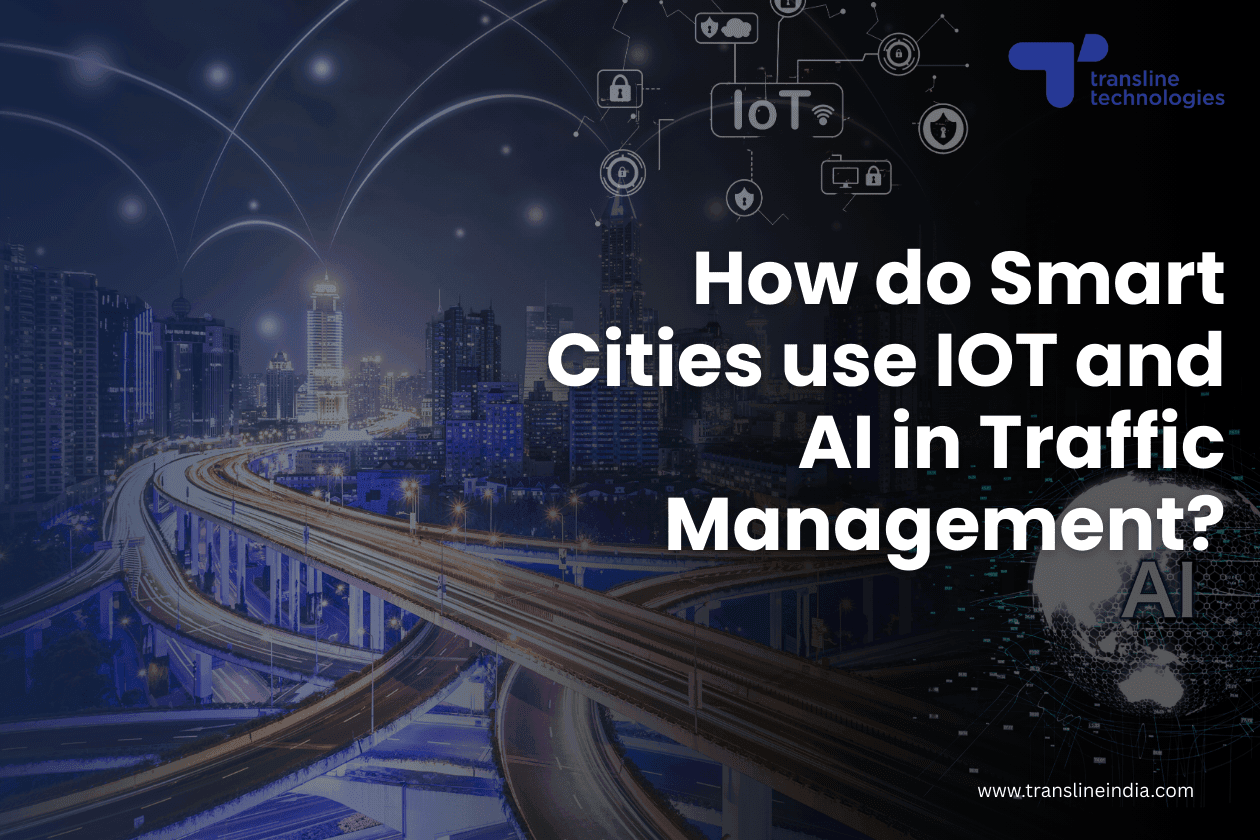
While the advancements in technology have created a lasting impact on smart city development, there are still several areas left to explore. One such aspect being smart city traffic management. Offering a sustainable and better life, smart cities tend to attract more population. As a result, traffic management remains a major concern, as various city operations also depend on it. Smart cities install IoT sensors on smart traffic lights, roadways, and vehicles to collect data and analyze traffic patterns, congestion, accidents, and toll collection.
In this article, you will learn more about intelligent traffic management in smart cities, the use of AI and IoT in traffic systems, and how these technologies contribute to the betterment of smart cities.
What is Intelligent Traffic Management in Smart Cities?
On an average, approximately 4,35,000 road accidents happen every year in India. Based on the latest TomTom Traffic Index 2024, Indian drivers lose approximately 94 hours annually due to traffic congestion. These statistics call for urgency to create an intelligent traffic management in smart cities.
Intelligent traffic management in smart cities is a method of optimizing traffic congestion, enhancing safety, monitoring traffic flow, and increasing overall efficiency. It involves the utilization of technologies such as sensors, monitoring devices, CCTV, smart surveillance, and software designed to monitor and analyze traffic data for better road congestion management. The collected data is also analyzed for road management and other smart city applications.
The smart city traffic management market is huge and is growing at a significant rate globally. With 100 Smart Cities being developed in the first phase of the Smart Cities Mission of India, the AI and IOT traffic management solutions market is poised to grow even more rapidly in India. According to recent market reports, the traffic management market is most likely to grow by 74% by 2029. The need for intelligent traffic management gives rise to smarter solutions, such as IoT traffic management and AI traffic management in smart cities.
AI-Powered Intelligent Traffic Management Workflow
AI is a powerful tool for managing traffic, as it enables real-time analysis, making smart city traffic management in India more efficient and precise. Traditional traffic management systems are often prone to human error, whereas AI offers data-driven analytics almost instantly. AI-driven software and surveillance systems serve as robust solutions, helping optimize road usage, traffic signals, and the mobility of pedestrians, bicyclists, and vehicles alike. This enables a seamless workflow in road and traffic operations, reducing costs and saving time while significantly enhancing safety.
Applications of IoT and AI in Traffic Management
IoT and AI have extensive applications in Traffic Management, creating impactful results in traffic optimisation. Some of these are elucidated below as follows:
Traffic Prediction and Control
Artificial Intelligence can predict and control traffic, enhancing safety by preventing congestion and accidents. This AI traffic management is possible through deep learning, where traffic data is analyzed to forecast future traffic patterns. The deep learning feature enables AI models or software to learn traffic patterns and complexities through a comprehensive analysis of historical traffic data. These AI models then use this pre-existing data to predict future traffic patterns, enabling better traffic control and accident prevention, thereby enhancing safety.
Smart Traffic Lights
Smart traffic lights use IoT sensors and internet-connected devices for intelligent traffic management. This smart system not only manages vehicle congestion but also facilitates safe passage for pedestrians. Serving multiple applications, IoT technology helps in smart city traffic management by monitoring real-time data and controlling traffic dynamically and efficiently.
Safety in Public Transportation
With smart AI traffic management and IoT-enabled devices, road surveillance and data-driven decision-making become seamless. AI-powered models and software analyze traffic data to predict patterns, send real-time alerts, and help prevent accidents, thereby enhancing public safety. These systems study road complexities, optimize routes, and assist both vehicles and pedestrians in choosing paths that are not only time-saving but also safer.
Autonomous Vehicles
IoT enables a vehicle to communicate with other vehicles and surrounding objects, helping prevent sudden collisions and other related accidents. It collects real-time data, which can then be analyzed by AI-driven tools to support smarter decision-making and intelligent traffic management strategies. Additionally, IoT devices and sensors assist in detecting environmental hazards, further enhancing road safety.
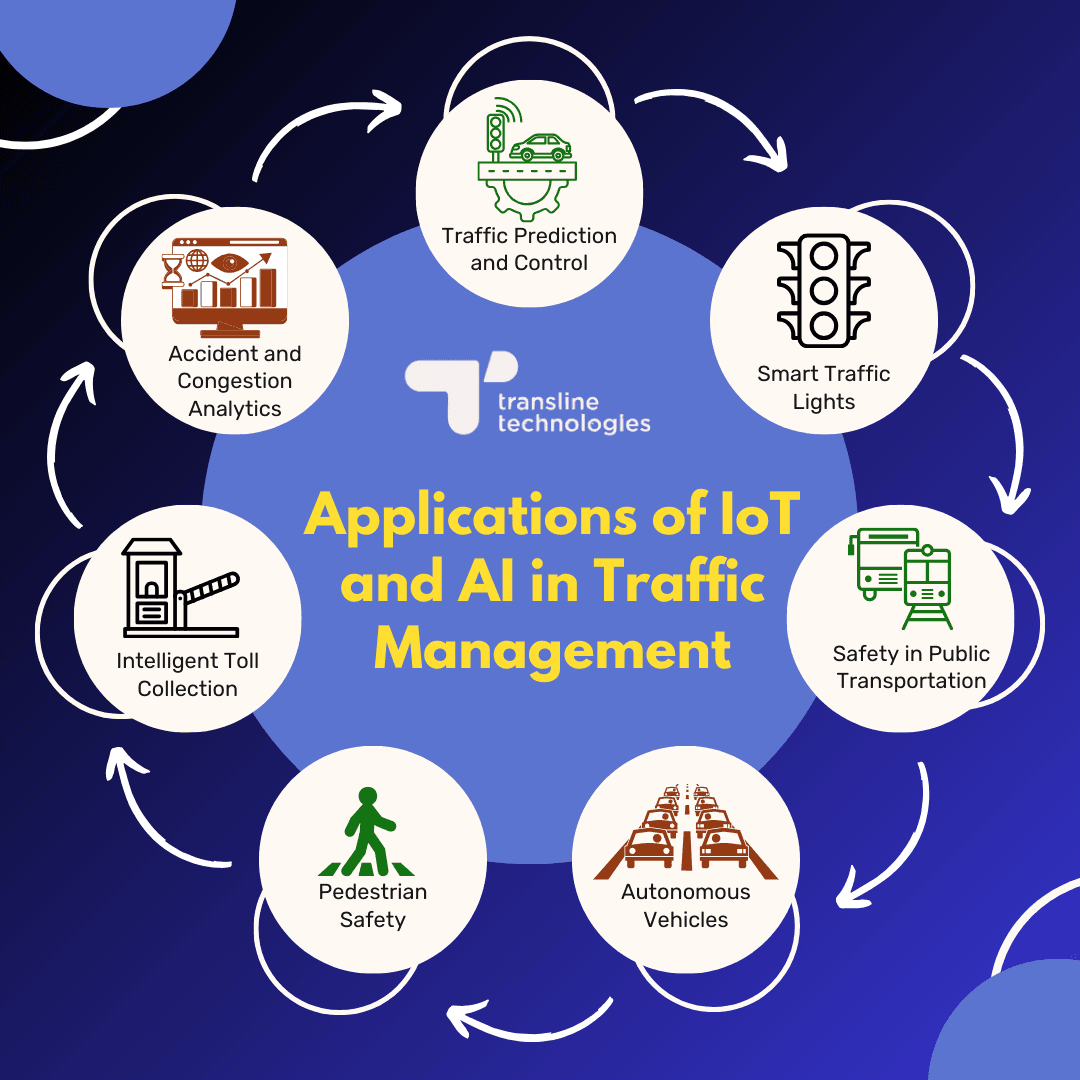
Pedestrian Safety
IoT and AI help analyze driver behavior, traffic patterns, and environmental factors. This analysis is crucial not only for informed decision-making but also for enhancing pedestrian safety. It enables the optimization of vehicle routes while ensuring safer paths for pedestrians as well. Moreover, AI surveillance can detect pedestrians and vehicles in real time, and even predict if they are likely to move unexpectedly, allowing for quicker response and improved safety.
Intelligent Toll Collection
IoT enables the usage of Global Positioning System (GPS), Radio Frequency Identification (RFID), Automatic Toll Collection Systems (ATCS), and others for optimising toll collection. Intelligent toll collection involves an automated system for collecting tolls. It means a vehicle doesn’t need to stop to pay the toll: the automated IoT traffic management system detects the car, and the database containing the vehicle details automatically deducts the amount from the linked account.
Accident and Congestion Analytics
Smart cities use IoT sensors, CCTV devices, and other technological solutions for intelligent traffic surveillance. These IoT-based traffic management systems are connected to AI-driven software. While IoT devices collect real-time data, AI analyses it. The integration of AI and IoT enables the collection of real-time accident data, which can then be analysed to identify patterns and implement preventive measures to avoid similar incidents in the future.
Ethical Considerations of AI in Traffic Management
AI algorithms for smart traffic management are trained to analyze pre-existing traffic data to better understand traffic patterns and enable predictive analysis. However, this can introduce bias into the algorithms. Additionally, concerns have often been raised by civil rights bodies regarding infringement of privacy of citizens by these AI traffic management systems, without their explicit consent. IoT sensors and AI-powered CCTV systems collect driver data and create profiles or personas, which can raise significant privacy issues. The data stored by AI models is vulnerable to cyber attacks or data breaches, leading to security and privacy concerns. AI has grown significantly in the field of traffic management; however, human intervention remains essential when it comes to decision-making. AI may make decisions without taking into account morals and human values, which could result in unintended or ethically questionable outcomes.
Moreover, AI should assist in traffic management, not replace human resources. Human oversight is not just important but essential to ensure ethical, safe, and value-driven decisions. AI models may be prone to error for smart city traffic management when used in unfamiliar situations, causing delays and potentially compromising safety.
Debunking Myths: IoT and AI in Smart City Traffic Management
While one of the most common myths regarding the application of IoT and AI in smart city traffic management in India is that it will have a toll on the headcount and employment prospects in traffic police departments, the reality is largely different. IoT and AI surveillance act as enablers and ensure more effective traffic management in smart cities, rather than replacing human bandwidth altogether. With intelligent traffic management systems, traffic officers can spend more time on smart tasks, rather than routine tasks which can be automated with AI.
At Transline Technologies, we are dedicated to building smart IOT and AI powered Traffic Management solutions that become the backbone of digitisation for smart city projects. Our Smart City Solutions utilise the power of real-time surveillance with IoT-enabled devices, machine learning algorithms, data analytics, smart storage compression technologies, AI-driven network health monitoring, and environmental monitoring to provide safer living conditions to smart city residents.
Contact our Smart City Solutions Team to understand more deeply how to implement AI and IOT powered Smart Traffic Management solutions.

